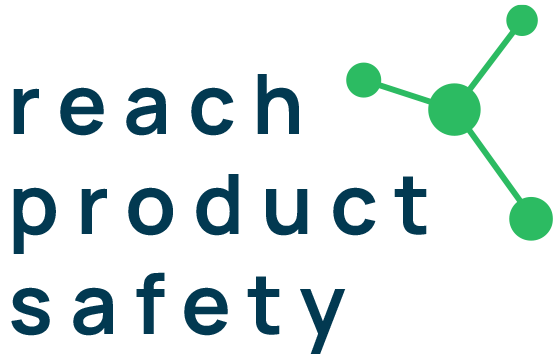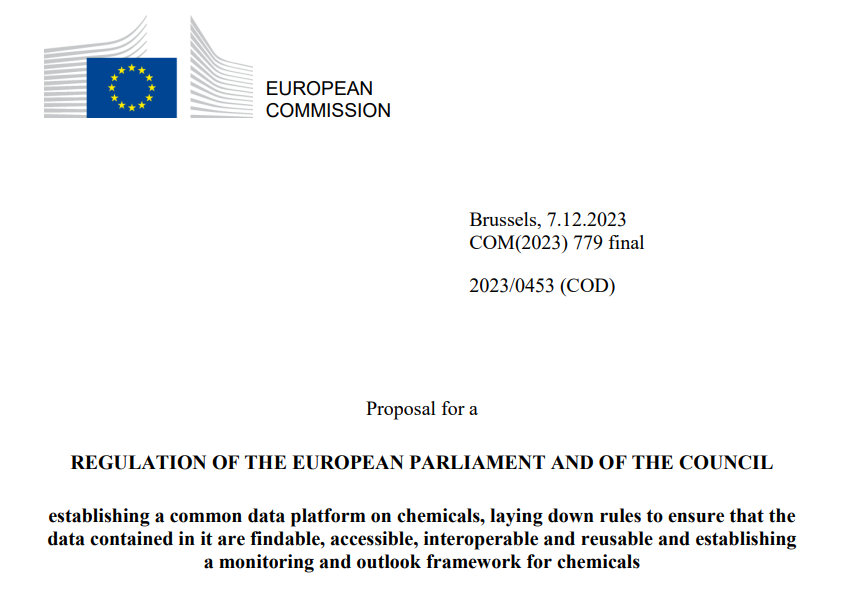In December 2023, the European Commission lauched a proposal for a regulation to establish a common data platform on chemicals.
Currently there are several EU agencies dealing with chemicals, such as European Chemicals Agency (ECHA), European Environment Agency (EEA), European Food Safety Authority (EFSA), European Medicins Agency (EMA) and European Agency for Safety and Health at Work (EU-OSHA).
The new regulation would arrange that all data and information about chemicals that these agencies obtain, will be brought together in a common data platform.
This information will be available to the public.
The purpose of this common data platform is, amongst other things, to ensure efficient hazard and risk assessments of chemicals and to improve citizens' trust in the scientific base for the decisions taken by the EU on chemicals.
The task of establishing and maintaining the common data platform will be assigned to ECHA.
As such, it seems like a good initiative. However, there are elements in the proposal that would create extra bureaucracy with seemingly little benefit, such as the obligation for companies and laboratories to notify ECHA upfront about the studies they commission. Currently such notification only needs to be done with respect to the results of a study, once it is completed.
The future obligation to notify about studies upfront, before they are executed, by both the companies who order these studies and the laboratories who execute them, is meant to provide authorities with prior knowledge of studies that are commissioned. However, this might interfere with the principle of freedom of contract for companies who pay for the studies. It is common practice that laboratories only communicate about studies if their client agrees with it. The notification duty for laboratories interferes with confidentiality clauses. Also, the company ordering a study, should keep its freedom to review its contract with a laboratory in case of malperformance without first having to take bureaucratic notification hurdles. Laboratory clients should keep the freedom to accept or reject laboratory results.
For industry it would be desirable that the final version of the regulation will be freed from bureaucratic burdens.
Update: In December 2024 more than 500 amendments have been submitted by MEP's. Part of these proposals would make the regulations even more complex and cumbersome. Many of the amendments however are meant to simplify the regulation. In Februari there will be a voting on these amendments in a parliamentary committee.
For more information: proposal of European Commission

